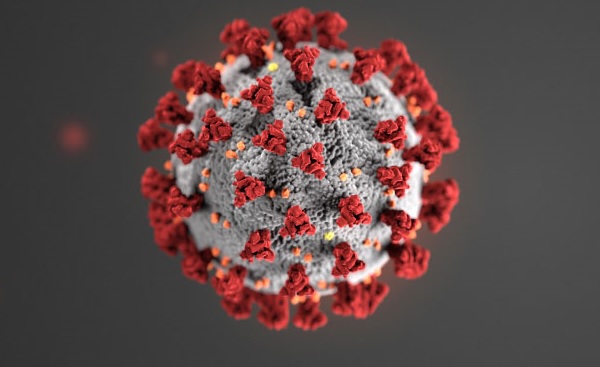
Luxembourg's Ministry of Health has unveiled details of its new rapid antigen testing strategy for the detection of COVID-19.
The ministry recalled the essential role of testing in the fight against coronavirus, pointing out that the speed with which it is possible to test is just as important as the ability to test. In order to broaden the range of tests and be able to find potential infections more quickly, Luxembourg has decided to add rapid antigen tests to its ambitious testing strategy (alongside PCR and serological tests).
Rapid tests can detect a coronavirus infection in 15 to 30 minutes. Instead of detecting the SARS-CoV-2 genome, these tests look for viral proteins. According to the Helath Ministry, such research is simpler to perform and faster, requiring no laboratory analysis. These new rapid tests are thus expected to save considerable time.
A first delivery of 75,000 rapid antigen tests is scheduled for Friday 20 November 2020. These tests will be distributed among the emergency services of Luxembourg's four acute care hospitals (CHL, CHEM, CHdN, HRS), consultation centres, care homes and integrated centres for the elderly and the Health Inspectorate.
After adequate training, the following professionals are among those authorised to carry out rapid tests: doctors, nurses, laboratory assistants, midwives, social workers, occupational therapists, psychomotor rehabilitation workers and speech therapists. In addition, volunteer and professional firefighters assigned to the Grand Ducal Fire and Rescue Corps (Corps grand-ducal d'incendie et de secours - CGDIS) as well as psychologists, psychotherapists and pharmacists will be able to carry out such tests.
Testing consists of a nasalpharyngeal (throat) swab. In the event of a negative test despite a high probability of infection, a PCR test should be carried out before concluding that there is no infection. This is because rapid tests are less sensitive and more likely to produce false negatives than PCR tests. In the case of a postive antigen test result, the medical professional in charge will inform the Health Inspectorate within 24 hours.
The use of rapid tests is considered useful in the diagnosis of symptomatic patients suspected of COVID-19 (between the 1st and 4th day after the appearance of symptoms), in the sorting of symptomatic patients at the entrance to a hospital A&E, a COVID-19 consultation centre (CCC) or a general practice and among hospital and other healthcare staff (e.g. in care homes) in the case of mild symptoms. The test will be systematically backed up by a PCR test.
The Health Directorate may also consider the benefit of rapid antigen testing as part of the first-time reception of applicants for international protection and in the regular and systematic screening of high density (and high frequency transmission) populations, such as in schools, prisons or shared apartments, or among people visiting communities at high risk of transmission.
At present, the Health Directorate does not recommend the use of rapid antigen tests among people aged 65 or older (PCR testing is preferred), children or before gatherings.








